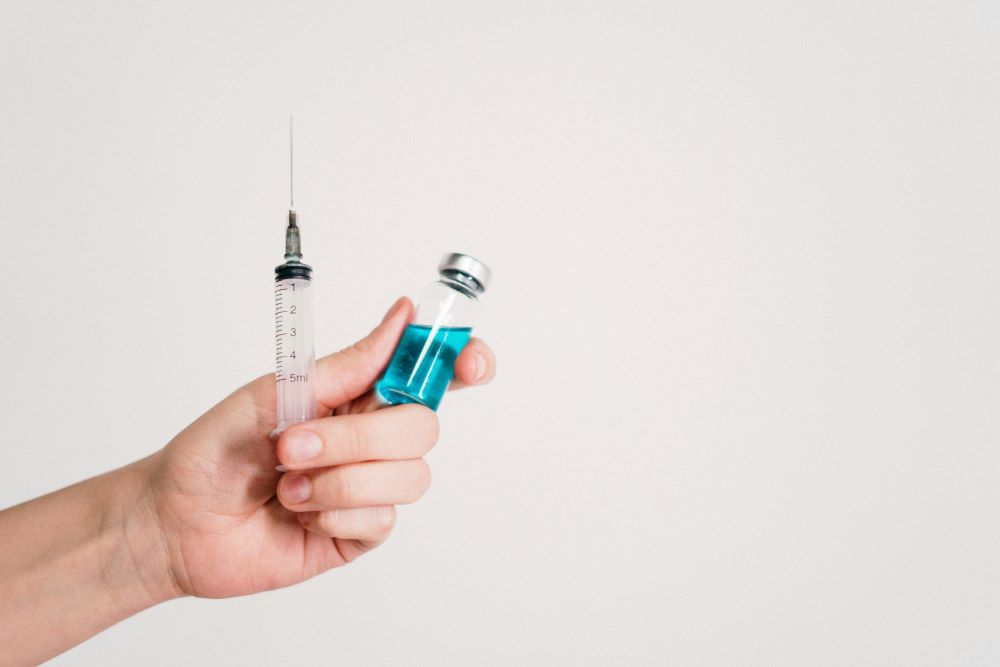Ketamine therapy, though helpful in a therapeutic setting, isn’t ideal for individuals with an addiction history.
In recent years, ketamine therapy has gained a lot of attention for its potential to treat severe depression and other mental health conditions when properly administered in a therapeutic setting where patients can be closely monitored. Initially approved as an anesthetic for surgeries, ketamine has emerged as a promising treatment for individuals with treatment-resistant depression. However, its increasing use in mental health care comes with significant risks, particularly for those with a history of substance abuse who are more likely to become addicted.
Unlike traditional antidepressants, which can take weeks to build up on one’s system enough to show results, ketamine often provides relief much quicker – usually within hours or days. This rapid response has to do with the drug’s impact on the brain’s glutamate system. This system of neurotransmitters is responsible for most excitatory signaling, playing a key role in learning, memory, mood regulation, and overall cognitive function.
One form of ketamine therapy, a nasal spray called Spravato, has been approved for use in both Canada and the United States for individuals with major depressive disorder who have not responded to more traditional treatments. Clinical trials are underway in several other countries to explore ketamine’s effectiveness in treating additional mental health conditions, including anxiety, posttraumatic stress disorder (PTSD), and obsessive-compulsive disorder (OCD). A recent trial at Toronto’s Centre for Addiction and Mental Health (CAMH) has shown promising results; however, these results are still being scrutinized.

Dr. Venkat Bhat, director of the interventional psychiatry program at St. Michael’s Hospital in Toronto, oversees a ketamine treatment program that helps individuals with treatment-resistant depression. His program offers intravenous ketamine two times weekly for two to three weeks, with as many as 40-50% of patients showing significant improvement by the end of the treatment course.
“It can be lifesaving,” Bhat said, “But only in strictly monitored and specific circumstances.”
Despite its potential benefits, ketamine therapy comes with risks. As a powerful dissociative drug with hallucinogenic properties, ketamine has a history of misuse as a recreational party drug. When administered improperly or accessed outside of a clinical setting, it can pose serious health issues, including addiction.
The recent death of actor Matthew Perry, known for his struggles with alcohol and opioid addiction, has shined a light on the potential for a fatal overdose if therapeutic ketamine is mixed with illicit use. Perry was receiving legitimate ketamine treatments for depression at the time of this death. However, reports have suggested that he also chose to turn to illicit use to obtain more doses of the drug.
Dr. Rebecca Carriere, a psychiatrist at the Toronto Ketamine Clinic, said, “Individuals like Matthew Perry would typically not be considered for ketamine treatment at our clinic because of their medical history with addiction.”
As ketamine therapy continues to gain traction in the media, it is essential to recognize both its potential for helping those who haven’t responded to traditional treatment methods as well as the very real risks that come with use. It is important for healthcare professionals to remain vigilant in screening for substance abuse when considering offering the drug to their patients.
Sources:
Matthew Perry death: Ketamine can help with depression there are risks: experts
What is Ketamine? How it Works and May Help With Severe Depression


Join the conversation!